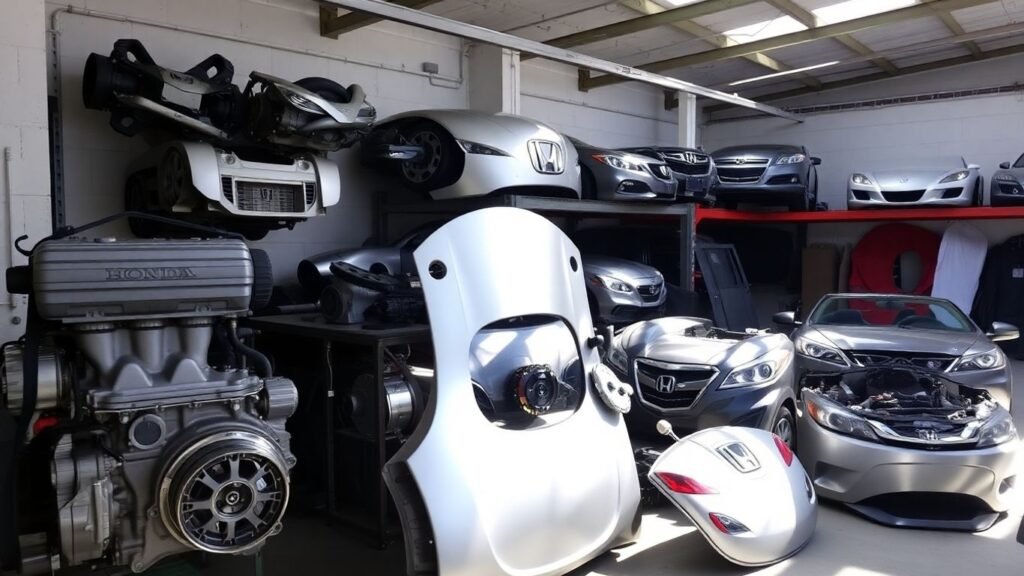So, your Honda needs a new part, huh? It happens to the best of us. Instead of shelling out a ton of cash for a brand-new piece, have you thought about going the used route? Finding quality used Honda auto parts can be a smart move for your wallet and your ride. Honda cars are known for lasting a long time, which means their parts often do too. We’ll cover where to look, what to check, and how to get the best deal on used Honda auto parts.
Key Takeaways
- Honda cars are built to last, making used parts a good option.
- You can find used Honda auto parts online or at specialized salvage yards.
- Always check the condition of used parts before buying.
- Look for warranties on used Honda auto parts for peace of mind.
- Comparing prices can help you save money on your Honda repair.
Finding Quality Used Honda Auto Parts
When your Honda needs a new part, you’ve got a few roads you can take. Going new is always an option, but let’s be real, sometimes the price tag makes you wince. That’s where the world of used Honda parts really shines. It’s not just about saving a few bucks, though that’s a big part of it. It’s about getting a solid, reliable component that’s already proven itself, often for a fraction of what a brand-new part would cost.
Why Choose Used Honda Parts
Honda’s reputation for building cars that last is pretty well-earned. Think about it – how many older Civics or Accords do you still see cruising around? That kind of longevity means the parts themselves are built tough. When you opt for a used part, you’re often getting a piece that’s already been through its initial break-in period and is ready for more miles. It’s a smart way to keep your dependable Honda on the road without breaking the bank.
Benefits of Used Honda Auto Parts
One of the biggest pluses is the cost savings. You can often find a used engine, transmission, or even a smaller component for significantly less than a new one. Plus, it’s a greener choice. Giving a perfectly good part a second life means less manufacturing, less waste, and a smaller environmental footprint. It’s a win-win for your wallet and the planet.
Sometimes, a used part is actually better than a new aftermarket one. The original manufacturer, like Honda, puts a lot of effort into making sure their parts are durable and fit perfectly. A used OEM part can often be a more reliable choice than a cheaper, new part made by a different company.
Honda’s Reputation for Reliability
Honda has built its name on making cars that just keep going. Their engines, in particular, are known for their durability, often hitting 300,000 miles or more with proper care. This means that even a used Honda engine has a lot of life left in it. It’s this built-in quality that makes sourcing used parts for your Honda such a sensible decision. You’re tapping into the original engineering and quality that made Honda famous in the first place.
Sourcing Specific Used Honda Components
When you need a specific part for your Honda, knowing where to look can save you a lot of hassle. Honda engines are generally built tough, often lasting well over 200,000 miles if they’ve been looked after. This means a used Honda engine can be a really smart buy. People often find that engines from models like the Civic or Accord are readily available and can give your car many more years of service. Finding a used engine with lower mileage is always the goal.
| Honda Model Year | Common Engine Availability |
|---|---|
| 1995-2005 Civic | Widely Available |
| 2000-2010 Accord | Common |
| 2003-2015 CR-V | Good Availability |
| 2005-2010 Odyssey | Available |
Transmissions can be a bit trickier. While many Honda transmissions are solid, some specific years and models have had known issues, particularly around the 100,000-mile mark. For example, certain early 2000s Civics and Accords might require more careful inspection. It’s wise to research the specific transmission for your Honda’s year and model before you buy used. Getting a transmission from a vehicle that was retired due to an accident rather than mechanical failure is usually a safer bet.
When looking for any used Honda part, it’s always best to get the Vehicle Identification Number (VIN) of the car the part came from. This helps confirm compatibility and can sometimes give you a clue about the vehicle’s history.
Beyond engines and transmissions, think about other major components like alternators, starters, radiators, and even body panels. These parts are often interchangeable between similar Honda models or even different trim levels within the same model. Always double-check part numbers and compatibility charts to make sure you’re getting the right fit for your specific vehicle.
Where to Buy Used Honda Auto Parts

So, you need a part for your Honda and you’re thinking about going the used route. Smart move, it can save you a good chunk of change. But where do you actually find these parts? It’s not like they’re just sitting on a shelf at your local grocery store. You’ve got a few main avenues to explore, each with its own pros and cons.
Online Retailers for Used Honda Parts
This is probably the most common place people look these days. Websites dedicated to selling used auto parts have popped up everywhere. You can find everything from engines and transmissions to smaller bits like mirrors and alternators. The big advantage here is the sheer volume of inventory. You can often search by your specific Honda model and year, making it easier to pinpoint exactly what you need. Plus, many of these sites offer shipping right to your door, which is super convenient if you don’t have a salvage yard nearby. It’s important to check the return policies and any warranties offered before you buy, though.
Specialized Honda Salvage Yards
If you prefer a more hands-on approach, or if you’re looking for something really specific, a specialized salvage yard might be your best bet. These places focus solely on Hondas (and sometimes Acuras), so their staff usually knows these cars inside and out. They might have a huge yard filled with vehicles from different years, giving you a better chance of finding that obscure part you’re hunting for. Some of these yards even have websites where you can search their inventory, and many offer nationwide shipping. It’s worth calling ahead to see if they have what you need before making a trip.
When you’re dealing with a specialized yard, don’t be afraid to ask questions. The people who work there often have a lot of experience and can help you identify the right part or even suggest alternatives if your first choice isn’t available. They’ve seen it all.
Local Options for Used Honda Components
Don’t forget about the places closer to home. Your local mechanic might have connections to used parts suppliers, or they might even keep a small stock of common parts themselves. There are also general auto recyclers in most areas that handle various makes and models, including Hondas. While they might not specialize like the Honda-only yards, they can still be a good source, especially for more common components. It’s always a good idea to call around and compare prices and availability before settling on one place. Sometimes, the convenience of a local option outweighs a slightly lower price elsewhere, especially if you need the part quickly.
Ensuring the Quality of Used Honda Parts

Inspecting Used Honda Auto Parts
When you’re looking at a used part, give it a good once-over. For engines, check for any obvious leaks or cracks. Look at the fluid levels if possible – is the oil clean or sludgy? For transmissions, see if there are any metal shavings in the fluid. For smaller parts like alternators or starters, check the connections for corrosion. A visual inspection can tell you a lot about how well a part was cared for. It’s like looking at a used book; you can often tell if it was well-loved or abused.
Understanding Warranties on Used Parts
Don’t just buy a part and hope for the best. Many places that sell used Honda parts offer some kind of warranty. This is super important. A 30-day or 90-day warranty means the seller stands behind the part. If it fails within that time, you can usually get a replacement or your money back. Some places even offer longer warranties, like six months. Always ask about the warranty before you hand over your cash. It’s your safety net.
Comparing Prices for Used Honda Components
Prices for used Honda parts can really vary. You might find the same used alternator for $50 at one place and $100 at another. Do a little digging online and maybe call a couple of local salvage yards. This helps you get a feel for what a fair price is. Remember to factor in shipping costs if you’re buying from far away, and also consider the warranty offered. Sometimes paying a little more for a part with a better warranty is worth it in the long run.
Buying used parts is a smart way to save money on car repairs, but it does require a bit more effort than buying new. Taking the time to check the part and understand the seller’s policies can save you a lot of headaches down the road. It’s about being a smart shopper and getting the most bang for your buck.
Expert Advice for Honda Parts Shoppers
So, you’re on the hunt for used Honda parts. It can feel a bit like a treasure hunt, right? But with a little know-how, you can make sure you’re getting good stuff without getting ripped off. Don’t be afraid to ask questions; the people who sell these parts often know a lot. They’ve seen it all, from common fixes to really specific issues.
Consulting Knowledgeable Staff
When you call up a salvage yard or even browse an online store, look for places that seem to have staff who actually know their Hondas. You can tell if they’re knowledgeable if they can quickly tell you about different engine codes or transmission types for a specific year. For instance, if you’re looking for a transmission for a 2002 Civic, a good parts person will know that certain years had more issues than others. They can guide you toward a more reliable option or at least tell you what to watch out for. It’s like talking to a mechanic who specializes in Hondas – they can save you a lot of headaches.
Getting Estimates for Repairs
Before you even buy the part, it’s a smart move to get a rough idea of what a mechanic would charge to install it. This helps you figure out if buying used is really going to save you money in the long run. Sometimes, the labor cost can be more than the part itself, especially for trickier jobs like replacing a transmission. You might call a couple of local shops and say, ‘Hey, if I bring in a used transmission for a 2006 Odyssey, what would you typically charge to put it in?’ This gives you a baseline.
| Part Type | Estimated Labor Cost (USD) |
|---|---|
| Engine | $500 – $1500 |
| Transmission | $400 – $1200 |
| Alternator | $100 – $250 |
| Starter Motor | $100 – $200 |
Note: These are general estimates and can vary widely based on location and shop.
Shipping Options for Used Honda Parts
Once you’ve found the part, think about how it’s going to get to you. Many places offer nationwide shipping, which is great if you don’t live near a good salvage yard. Some use standard carriers like FedEx, while others might use freight for larger items like engines. Always ask about the shipping costs upfront and how long it’s expected to take. If you’re on a tight schedule, knowing the shipping details can make a big difference. Some places might even offer expedited shipping if you need that part in a hurry.
Finding the right used part often comes down to good communication. Don’t hesitate to ask for photos of the specific part you’re considering, or even a short video if possible. This way, you can see its condition before it even leaves the yard. It’s a small step that can prevent a lot of disappointment later on.
Wrapping It Up
So, if you’re looking to keep your Honda running smoothly without breaking the bank, hunting for used parts is a smart move. Honda cars are built to last, and finding quality used components, whether it’s an engine or a transmission, can save you a good chunk of change. Places like Beaver’s Car Salvage and online stores like My Auto Store have a huge selection and can help you get back on the road for less. Just remember to check compatibility and maybe give them a call to make sure you get the right part the first time. Happy fixing!

